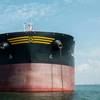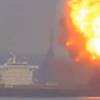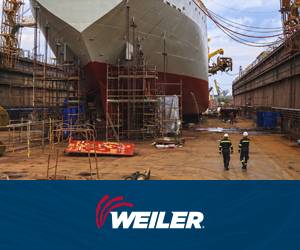UN Resolution Targets Libyan Fuel Smugglers
Imported fuel that is priced lower for the domestic market is commonly smuggled by ship from western Libya to Malta, Italy and Turkey, and by land to Tunisia, according to U.N. investigators who earlier this month recommended an extension of the sanctions.
Entrenched and powerful smuggling networks have been trading fuel for years, and it is unclear to what extent the resolution can be enforced.
The new resolution, approved late on Thursday, is designed to make explicit that fuel smuggling is illegal, so that smuggling vessels "can be identified, blacklisted, and prevented from disembarking their cargo," said a senior Western diplomat.
It expands on a 2014 resolution banning illicit crude oil exports from Libya, authorising the inspection of suspect ships, and calling on member states to take necessary measures to block attempted exports.
Those measures "shall apply with respect to vessels loading, transporting, or discharging petroleum, including crude oil and refined petroleum products, illicitly exported or attempted to be exported from Libya," the new resolution states.
Libya is a major oil producer and exporter, but it has limited refining capacity.
Imported refined products are heavily subsidised, with fuel subsidies estimated to represent more than 10 percent of Libya's gross domestic product (GDP). Smugglers can make vast profits by re-exporting oil products.
Fuel smuggling is concentrated around the western towns of Zawiya and Zuwara, and across Libya's western land border with Tunisia.
Both the Zawiya branch of Libya's Petroleum Facilities Guard (PFG) and the local coastguard have been accused of involvement in fuel smuggling, which according to the U.N. investigators overlaps with lucrative smuggling of migrants from Libya to Italy.
In a report to the Security Council earlier this month, the investigators said they continued to observe "vessels showing suspicious navigational patterns" off Zuwara.
They also cited an attempt to illicitly export 11,500 metric tons of heavy fuel oil from eastern Libya to Malta in February.
U.N. resolutions recognised the National Oil Corporation (NOC) in Tripoli as the sole legitimate exporter of oil. They have been used to block attempts by factions in eastern Libya to export crude through a parallel National Oil Corporation based in Benghazi.
The Western diplomat said that Thursday's resolution was not expected to halt smuggling and that its application would depend on how the U.N.-backed government in Tripoli, which requested the reference to refined products, chose to use it.
"The only thing that will stop smuggling is the removal of the subsidies," he said.












